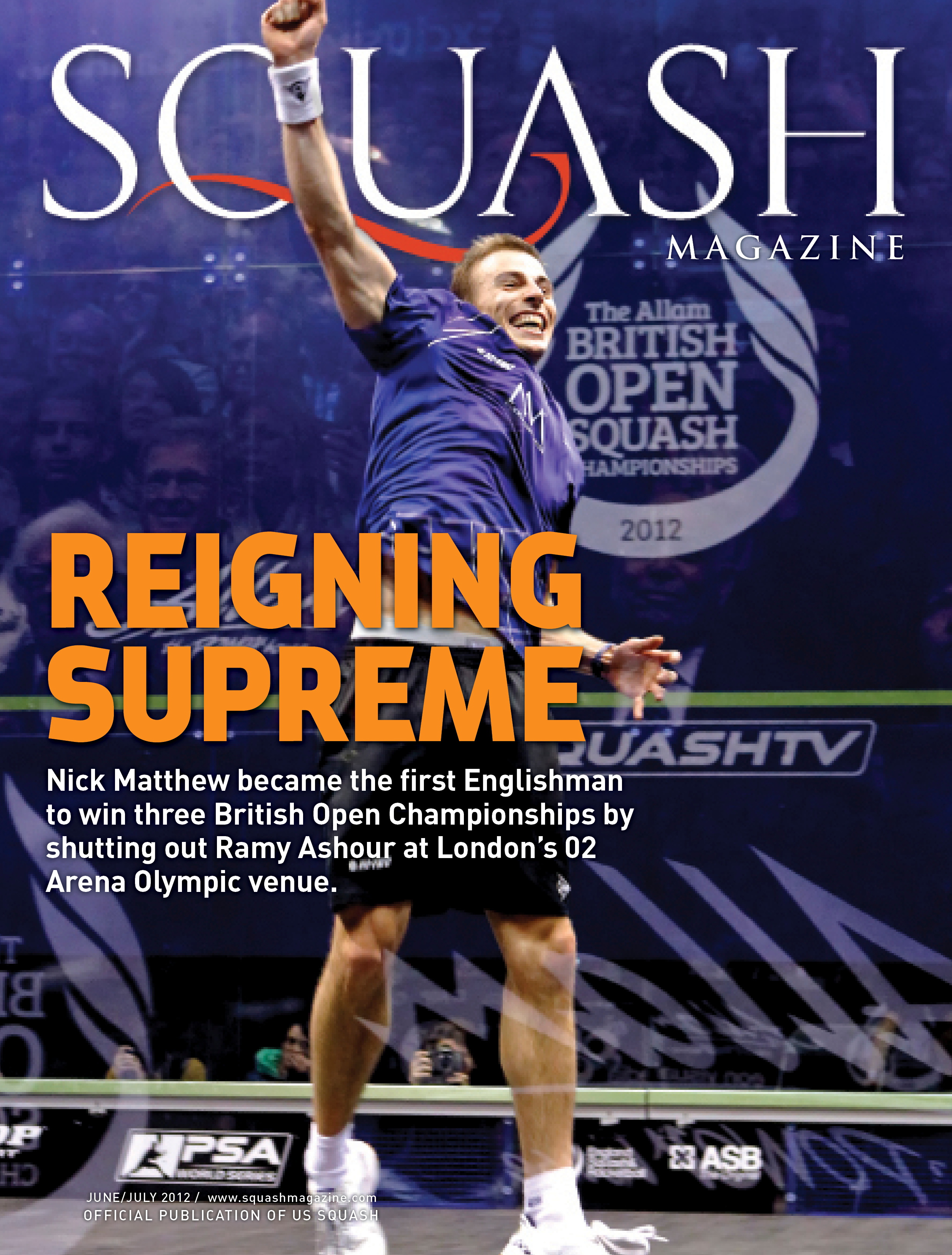By Jay D. Prince
As a kid growing up with a tennis racquet in my hand, the sport of gymnastics was utterly foreign to me. I was only aware of its existence every fourth year when it seemed like it was one of three sports being broadcast during the Olympics. I recognized Olga Korbut for the same reason every other American with a pulse knew her—her wink to the TV camera while bending backwards on the balance beam in 1972 became a staple on the intro to ABC’s Wide World of Sports for years.
It wasn’t until college that I came to appreciate the sport in all of its depth. My future wife was on the University of California Gymnastics Team. Over the last three years of my time at Cal, I gained a respect for gymnasts the world over. From the injuries they suffer (one of the men on Cal’s team “peeled off” the high bar, landing beyond the mats and shattering his leg—that was the end of his career) to the hours of training, I became a huge fan.
During one year, we lived with a pair of gymnasts, one of whom had a dream of making the 1988 US Olympic Team. He didn’t make it, and neither did thousands of other gym rats who loved the sport and were driven, in part, by the carrot of Olympic Gold.
About five years ago, while in Southern California, we took our two kids to visit with our former roommates. In their backyard was a beautiful pool with a bridge dividing the two halves. But the pool wasn’t just for swimming; it was for throwing tricks off the bridge into the water. At least that’s what the 14-year-old son of our former roommates used it for. It took about half a second after looking at him to know he’d become a gymnast too. Turns out he started at the age of two!
The boy’s dad had taken his love for the sport and turned it to a passion for orthopedics and is now a renowned orthopedic surgeon, on the cutting edge of minimally invasive hip and knee replacements. His post-gymnastics successes have provided him with the ability to support his son’s own Olympic dreams.
As a freshman at the University of Michigan in 2011, that boy we met had developed into one of the most talented and driven gymnasts in the country, winning the NCAA Gymnastics Championship. Despite hopes of making the US Olympic Team in 2016, it was becoming entirely possible that he could punch his ticket for London this summer instead.
Then he competed in a meet in Puerto Rico, breaking both ankles on his dismount from his floor exercise. He was told they were just badly sprained, so he finished the next five events before his dad insisted on X-rays that confirmed the extent of the damage. Fast forward a year, and the reigning NCAA All Around champion managed to finish 2nd in 2012.
Now, 17 years after beginning his gymnastics career, undoubtedly by rolling off couches in his living room and doing forward rolls whenever possible, the young man’s Olympic Dreams are being approached at the Olympic Trials. Three weeks prior, a third-place finish at US Championships left everyone talking about him. And after day one at the Trials, the level-headed gymnast had recorded the best All-Around score at the event.
But doing so turned out to be costly. On his last event, Sam Mikulak landed awkwardly off his vault. He stood the landing up, walked off with his characteristic beaming smile, but something didn’t feel quite right. He had re-injured his left ankle, though the extent of it was unclear.
On the final day of Trials, Sam was forced by his coaches to sit out every event but Pommel Horse, hoping that he had proven enough to warrant his spot on the team. Sam is the consummate team player. Instead of lamenting the situation, he became one of the most vocal cheerleaders of the rest of the guys seeking to take his spot. And while he didn’t perform perfectly on the Pommel Horse, his routine was very good.
Six thousand days after launching his Olympic Dream, Sam has to wait to see if a shot at a Gold Medal will come true. He may not have a final decision until just before the Games.
The passion, drive, highs and lows of Olympic Dreams are precisely why squash needs to be a part of the Games. There’s just nothing like it in the world!


